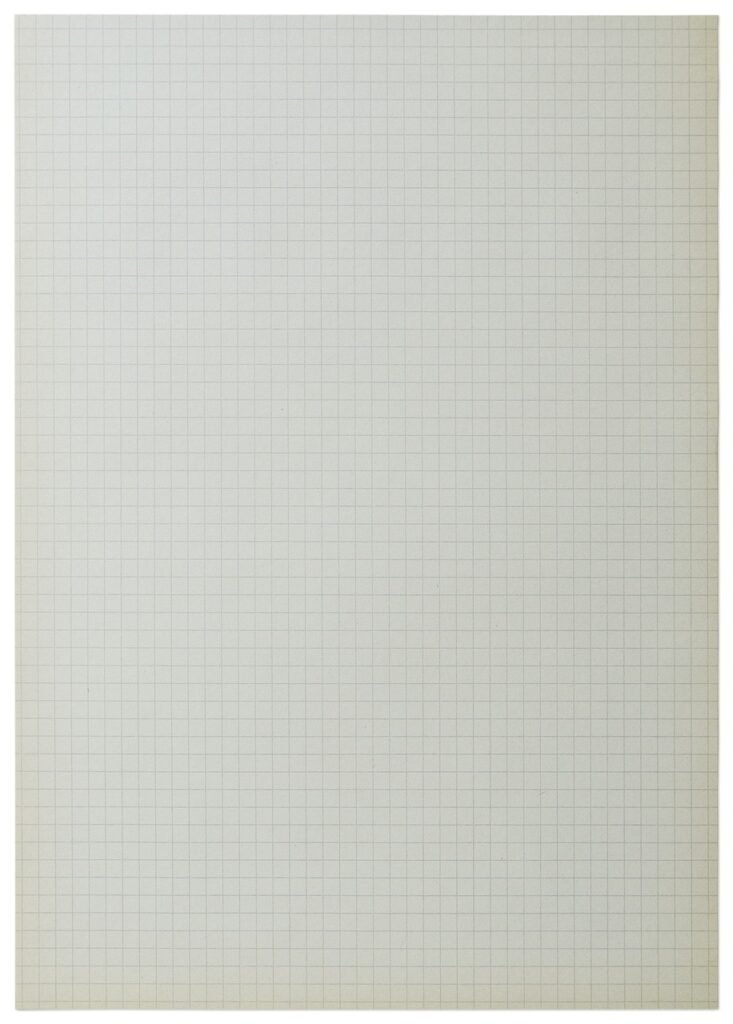Welcome to the world of sustainable solutions in sock manufacturing! In this article, we will explore the innovative use of eco-friendly materials in the production of socks. From recycled fibers to organic cotton, these materials not only reduce environmental impact but also provide comfort and style for your feet. Let’s take a step towards a greener future with sustainable socks! Have you ever thought about the impact of the clothes you wear on the environment? Today, more and more people are becoming aware of the need to shift towards eco-friendly and sustainable materials in all aspects of their lives, including fashion. From socks to shirts, every item of clothing can have a significant impact on the planet.

This image is property of pixabay.com.
The Importance of Sustainable Materials in Sock Manufacturing
When it comes to choosing materials for sock manufacturing, sustainability has become a key consideration for many companies and consumers. Traditional materials like cotton, polyester, and nylon have been widely used in the textile industry, but their production processes often involve harmful chemicals, excessive water usage, and contribute to pollution. Eco-friendly materials offer a more sustainable alternative that minimizes harm to the environment and promotes ethical practices in the fashion industry.
Why Should You Care About Sustainable Sock Materials?
As a conscious consumer, choosing products made from sustainable materials can make a positive impact on the environment. By supporting eco-friendly brands that prioritize sustainability in their manufacturing processes, you are contributing to the reduction of pollution, resource depletion, and carbon emissions. Additionally, sustainable materials are often biodegradable, meaning they can easily break down without leaving a lasting impact on the planet. Making informed choices about the products you buy can help create a more sustainable future for generations to come.
Types of Eco-Friendly Materials Used in Sock Manufacturing
There are several innovative and eco-friendly materials that are being utilized in sock manufacturing to reduce the environmental impact of the fashion industry. From recycled fibers to organic cotton, these materials offer a greener alternative to traditional sock materials. Let’s explore some of the most common eco-friendly materials used in sock manufacturing.
Organic Cotton
Organic cotton is grown without the use of synthetic pesticides, fertilizers, or genetically modified seeds. This natural fiber is biodegradable and significantly reduces water usage compared to conventional cotton farming. Socks made from organic cotton are soft, breathable, and gentle on the skin, making them a popular choice for those with sensitive skin.
Recycled Polyester
Recycled polyester is made from post-consumer plastic bottles and other recycled materials. By upcycling these materials, manufacturers can reduce the demand for new synthetic fibers and minimize plastic waste in landfills and oceans. Socks made from recycled polyester are durable, moisture-wicking, and quick-drying, making them ideal for athletic activities and everyday wear.
Bamboo
Bamboo is a fast-growing and renewable resource that requires minimal water and pesticides to thrive. Socks made from bamboo fibers are naturally antibacterial, moisture-wicking, and hypoallergenic, making them a sustainable and comfortable choice for those looking for eco-friendly alternatives to traditional sock materials.
Hemp
Hemp is a versatile and eco-friendly material that requires minimal water and pesticides to grow. Socks made from hemp fibers are durable, breathable, and naturally resistant to mold and mildew. Hemp is also biodegradable, making it an excellent choice for environmentally conscious consumers.
Benefits of Using Eco-Friendly Materials in Sock Manufacturing
The shift towards eco-friendly materials in sock manufacturing offers a range of benefits for both consumers and the environment. From reducing carbon emissions to promoting ethical practices, choosing sustainable materials has a positive impact on the fashion industry as a whole.
Environmental Impact
By using eco-friendly materials in sock manufacturing, companies can reduce their carbon footprint and minimize waste during the production process. Sustainable materials require fewer resources to produce, leading to a decrease in greenhouse gas emissions and water usage. Choosing eco-friendly socks made from recycled or renewable materials helps protect natural resources and preserve the environment for future generations.
Social Responsibility
Many companies that prioritize sustainability in their manufacturing processes also uphold ethical standards, such as fair labor practices and safe working conditions for employees. By supporting brands that value social responsibility, consumers can contribute to a more equitable and transparent supply chain in the fashion industry. Choosing eco-friendly socks from ethical companies promotes a more sustainable and humane approach to fashion.
Health Benefits
Eco-friendly materials like organic cotton, bamboo, and hemp are free from harmful chemicals and toxins commonly found in conventional textiles. Socks made from these natural fibers are hypoallergenic, breathable, and gentle on the skin, reducing the risk of skin irritation and allergies. By opting for socks made from sustainable materials, you can prioritize your health and well-being while supporting environmentally conscious practices in the fashion industry.
How to Identify Eco-Friendly Socks
With the increasing demand for sustainable products, it has become easier for consumers to identify eco-friendly socks that align with their values. From certified organic materials to transparent supply chains, there are several factors to consider when choosing sustainable socks for your wardrobe.
Certifications
Look for certifications like Global Organic Textile Standard (GOTS) or Oeko-Tex Standard 100, which ensure that the socks are made from organic and environmentally friendly materials. These certifications verify that the products meet specific criteria for sustainability, ethical sourcing, and overall quality. By choosing socks with recognized certifications, you can trust that they are made with eco-friendly materials and produced with ethical practices in mind.
Transparency
Transparency in the supply chain is essential for identifying eco-friendly socks from brands that prioritize sustainability. Companies that are open about their manufacturing processes, sourcing practices, and environmental initiatives are more likely to offer products made from sustainable materials. Look for information on the brand’s website or packaging that highlights their commitment to eco-friendly practices and ethical standards. By supporting transparent brands, you can make informed choices about the products you buy and promote accountability in the fashion industry.
Materials
Check the tag or product description to see what materials are used in the socks. Eco-friendly socks are typically made from organic cotton, recycled polyester, bamboo, hemp, or other sustainable fibers. Avoid socks made from synthetic materials like nylon or polyester, as these can contribute to pollution and resource depletion. Choosing socks made from natural and renewable materials helps reduce your environmental impact and supports ethical manufacturing practices.

This image is property of pixabay.com.
The Future of Eco-Friendly Sock Manufacturing
As consumer demand for sustainable products continues to rise, the future of eco-friendly sock manufacturing looks promising. From innovative materials to circular economy models, companies are exploring new ways to reduce their environmental footprint and meet the growing need for eco-friendly fashion options.
Circular Economy
The concept of a circular economy focuses on reducing waste and maximizing the lifespan of products through recycling and reusing materials. In the textile industry, this approach involves designing socks that can be easily disassembled and recycled at the end of their life cycle. By embracing circular economy principles, sock manufacturers can minimize their environmental impact and create a more sustainable production process that benefits both the planet and consumers.
Innovation
Advancements in technology and material science are driving innovation in eco-friendly sock manufacturing. From plant-based fibers to biodegradable materials, companies are exploring new ways to create sustainable products that meet the needs of conscious consumers. By investing in research and development, manufacturers can discover innovative solutions that reduce their reliance on harmful chemicals, water, and energy, paving the way for a more sustainable future in the fashion industry.
Collaboration
Collaboration between stakeholders in the fashion industry, including manufacturers, suppliers, retailers, and consumers, is essential for driving positive change towards sustainability. By working together to establish industry standards, share best practices, and promote eco-friendly initiatives, companies can create a more transparent and responsible supply chain. Through collaboration, the fashion industry can prioritize sustainability, ethical practices, and environmental stewardship, leading to a greener and more conscious approach to sock manufacturing.
Conclusion
In conclusion, sustainable solutions are essential for promoting eco-friendly materials in sock manufacturing. By choosing socks made from organic cotton, recycled polyester, bamboo, hemp, and other sustainable fibers, you can reduce your environmental impact and support ethical practices in the fashion industry. From minimizing waste to promoting social responsibility, eco-friendly socks offer a range of benefits for both consumers and the planet. As you continue to prioritize sustainability in your purchasing decisions, you can contribute to a more sustainable future for the fashion industry and the world as a whole.
